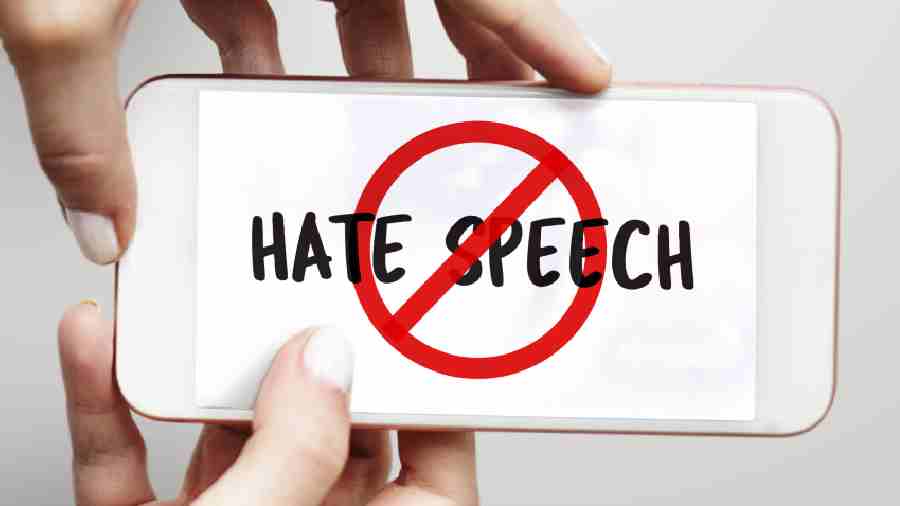The issue of free speech and its limits acquires a different dimension when public functionaries are concerned. With the decline in India’s political culture, even barbed remarks against political rivals — expected in any electoral battle — are often plain ugly. That is because this decline is edged with the divisiveness that afflicts the country nowadays and encourages the flourishing of hate speech. Recently, the Supreme Court reportedly pondered on the problem of hate speech from ministers, legislators and even political leaders: should greater restraints be placed on the free speech of a public functionary than on those of people without similar responsibilities? In spite of the laws against incitement and expressions of hatred against groups, hate speech has multiplied many times in recent years with several public functionaries among the participants. The special problem in this is that insulting remarks from office-holders in government are perceived to be officially approved, since there is no — or very little — penalty imposed on the purveyors of hatred. Neither Parliament nor the Election Commission seems keen to charge them. The damage thus wrought on the social and democratic fabric of the country keeps growing.
As the Supreme Court indicated, the solution does not lie in more restraints or a difference in quantity. Public functionaries should be aware of a constitutional culture, an inherent restraint that earlier legislators and ministers exercised, which is why laws or special guidelines were unnecessary then. The court’s remarks suggest a difference of quality. An elected representative is expected to respect the spirit of the Constitution with its message of mutual respect and equality, especially with regard to the responsibilities and duties of governance, as well as rights such as the freedom of speech and its restraints. It is a training of the mind, the development of a humane and even-handed approach to public duty. This should not be erased by a sense of power, which comes from the people. The court’s emphasis on constitutional culture and its awareness that it is no longer working may help to show how far the political ethos has shifted. Hate speeches by public functionaries are one manifestation of the shift; the problem runs deep. The people must decide whether they like the shift or not; the return of constitutional culture would depend on that.











